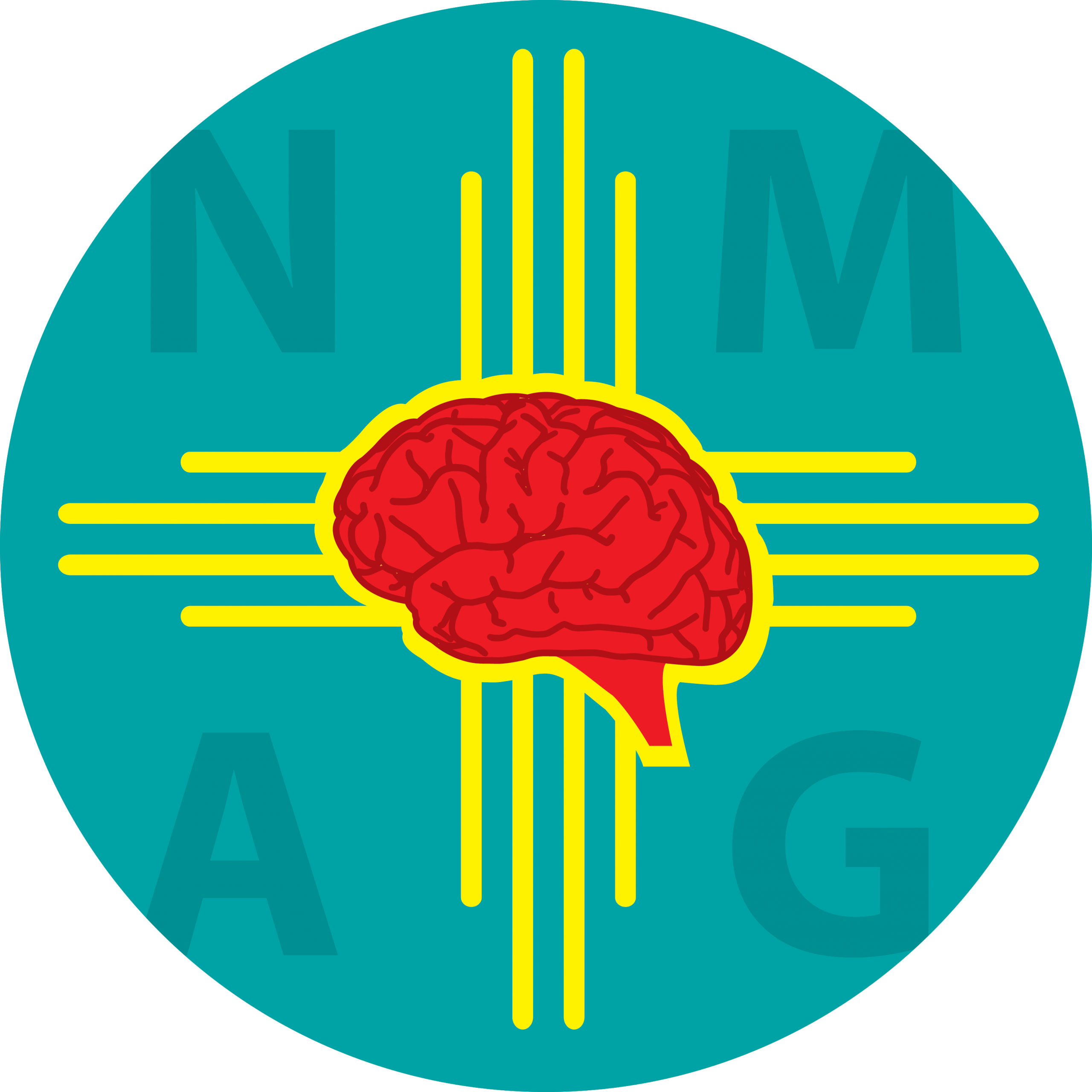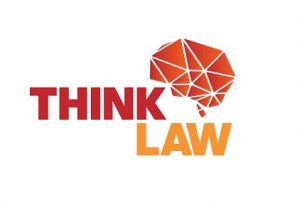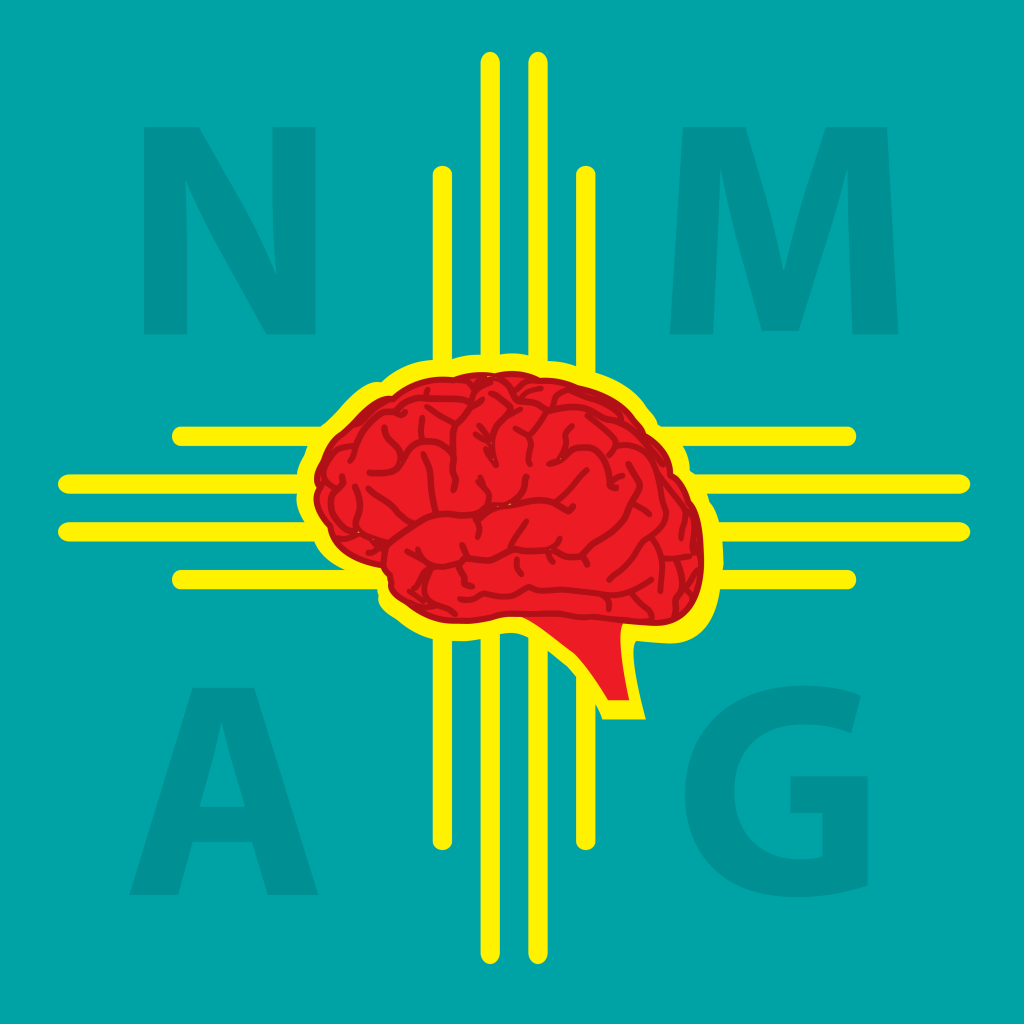In late June I met with State Representative, Christine Trujillo, to propose legislation, drafted by NMAG, to benefit the students of New Mexico’s public schools.
Christine Trujillo, a retired educator, has represented District 25 in Bernalillo County since 2013. She is currently a member of the House Appropriations & Finance Committee, the House Education Committee, and the Legislative Education Study Committee. In 2015 she sponsored the memorial HB 5 Gifted Day at the legislature. She has agreed to work with our board to put forward ideas for gifted and advanced students in the next legislative 60-day session in January 2017.
A huge thank you to our past president, Geoffrey Moon, for getting the board started on the writing of these legislative ideas!
As you read through the bullet points, please feel to offer additional ideas that we may have forgotten. You can comment below (log in with an existing Google or Facebook account if you wish) or email us your thoughts and ideas.
Draft Legislation to Uphold the Right to Appropriate Curriculum Placement
Whereas
- Among the most effective and best-researched educational interventions are acceleration options such as early entry to kindergarten, grade skipping, single-subject acceleration, faster-paced courses, dual and concurrent credit courses, early entry to college and credit for demonstrated mastery;
- Acceleration has been shown to have little or no adverse socio-emotional impact on students;
- Grouping similarly able students for acceleration of school curriculum has been shown to have positive social and academic impacts;
- Grouping of gifted students is recognized as the most common Least Restrictive Environment, because it exposes them to appropriately challenging curriculum and provides the opportunity for functional social interactions;
- Gifted students are often separated from their similarly able peers in order to heterogeneously populate general education classrooms;
- Acceleration is under-utilized in New Mexico schools;
- Not all NM districts have acceleration policies;
- Acceleration costs less than many other educational interventions;
- Existing district-level acceleration policies vary widely;
- Dual credit memoranda sometimes prevent students from taking available dual-credit courses;
- Giftedness is a priority in ESSA; and
- According to the National Association for Gifted Children definition, the population of gifted students is far larger than that allowed under the NM exceptionality.
The State Shall
- Allow early entry to Kindergarten;
- Allow credit for demonstrated mastery; and
- Establish needs and research-based interventions for gifted and high-ability learners as a priority for expending ESSA funds.
Schools Shall
- Adopt a policy for academic acceleration that:
- Specifies a range of available options,
- Specifies non-discrimination and inclusiveness of all students, including those with disabilities, language differences, and socio-economic disadvantages,
- Empowers the IEP team (for identified gifted students and those with disabilities), and the SAT team (for all other students) to make acceleration decisions.
- Includes procedures for:
- Appeal and due process,
- Safe reversion of placement within a reasonable timeframe, if the acceleration is ineffective,
- Not infringe on the right of a student to accelerate through a dual-credit or concurrent credit course because their home school offers the course that would earn high school credit;
- Group and accelerate gifted and high ability students as appropriate for their individual needs;
- Provide special supports for disadvantaged and disabled students to participate in acceleration; and
- Accept accelerated credit or college credit toward graduation from all accredited schools.
Draft Legislation to Identify Twice-Exceptional Students
Whereas
- Giftedness is recognized as an exceptionality in New Mexico;
- Giftedness can co-exist with learning disabilities;
- Giftedness and learning disabilities often mask the effects of each other, thus suppressing identification of as gifted, disabled, or twice-exceptional;
- PED’s TEAM manual prevents identification of learning disabilities in gifted students without significant discrepancy from average grade performance; and
- Twice-exceptional students have need for services that arise both from their giftedness and from their disabilities. Current NM funding rules only allow reporting and caseload designation as either gifted or disabled.
PED shall
- Revise the TEAM manual to support identification based on difference from cognitive level, not grade level and
- Provide protections and services for students who have IDEA and section 504 disabilities through the IEP process.
Draft Legislation to Fully Fund Individual Education for Gifted Students
Whereas
- New Mexico rules require special education, including ancillary services and transportation as necessary to provide FAPE for gifted students;
- The need for social work services, transportation, occupational therapy, and more extensive levels of gifted education services is higher in exceptionally gifted students than in the general student population;
- The PED has refused to reimburse cost of ancillary services such as occupational therapy, social work, and transportation for gifted students who do not have an IDEA disability; and
- Local educational authorities often restrain the level of service provision to the minimal level.
PED Shall
- Fund ancillary services and transportation for gifted students without requiring IDEA disability identification.
Schools shall
- Consider ancillary services and transportation when planning an individual education plan; and
- Consider, and when appropriate, provide a range of services up to and including extensive levels of gifted education.
- Draft Legislation for 2017 - July 7, 2016
- Report: NAGC State Affiliates Conference - April 19, 2016
- Highlights from the NAGC Affiliate Conference - June 15, 2015







Leave a Reply
You must be logged in to post a comment.